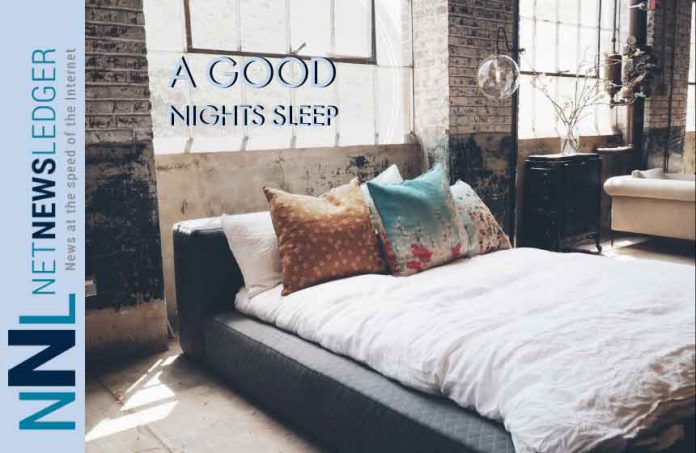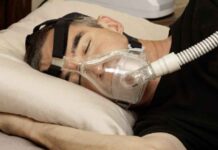The immense stress of the COVID-19 pandemic has brought nail-biting and insomnia-inducing disarray into daily life, throwing the average sleeper’s sleep cycle into a tailspin. Because the human body is hardwired to stay alert and awake in times of danger, the looming health crisis triggers sleepers’ fight-or-flight responses, resulting in an epidemic of tossing-and-turning.
For those restless readers desperately looking for answers, this connection between lack of sleep and the pandemic is referred to as “coronasomnia” by leading health experts. Disruption in daily routines and the loss of activity coupled with acute anxiety are all known to contribute to countless sleepless nights. The symptoms of this odd affliction range from reduced quality of sleep to flat-out insomnia.
As the bodies’ natural recovery process, the importance of sleep is far reaching. For instance, immune system strength directly correlates with sleep quality, given that a poor night’s sleep can terrorize virtually every bodily system. Sleep deprivation hampers the immune system’s ability to function effectively and can result in sickness. That said, COVID-19’s impact on sleep has triggered a deadly cycle wherein a lack of sleep due to pandemic stress weakens the immune system, thus increasing the risk of contracting the disease.
Strengthening your bodies’ defense to COVID-19 begins with a healthy night’s sleep. Consider these five health benefits of eight uninterrupted hours in your journey of alleviating your productivity-hindering insomnia.
Combatting coronasomnia 101
Fighting your stress-induced lack of sleep starts with shutting off sources of blue-light like TVs and smartphones an hour before your head hits the pillow. However, not all light sources will negatively impact your sleep quality. For instance, exposing your body to natural light throughout the day can help set your body’s natural alarm and achieve eight uninterrupted hours.
Besides switching off your devices, ensure discomfort isn’t the cause of sleepless nights by wedging a pillow between your legs to align your hips. Investing in a sturdy mattress topper will help you rest assured that your mattress isn’t to blame for bothersome tossing and turning.
Improving your mood
While you sleep, your body and brain are recovering from the day. Because you continually work to process the emotions running a mile-a-minute through your subconscious, a lack of sleep can lead to more negative reactions to everyday life stressors. Those who have insomnia are up to five times more likely to experience depression and anxiety.
Strengthens your memory
The prospect of entering a dreamscape plays a part in the satisfaction you feel when your head hits the pillow, but it also helps your mind process and archive memories. Especially during deep sleep, or R.E.M., the brain makes sense of every feeling, event, and memory received throughout the day.
Cancer prevention
Experts have found connections between prolonged light exposure and a decrease in melatonin levels. This sleep-inducing hormone is known to ward off several types of cancers and curb tumor growth. A healthy night’s sleep ensures your body is producing all the cancer-fighting melatonin it needs.
Promotes a healthy heart
As your body rests during sleep, your blood pressure lowers, and the heart receives a much-needed break. A full eight hours gives your heart all the down-time it requires to stay functioning for the rest of your day. Take note that high blood pressure can be hazardous, leading to heart attacks, strokes, and even death.
Sweet dreams
The COVID-19 pandemic has been a source of stress in everyone’s lives. Unfortunately, unrelenting coronasomnia has only catalyzed a nasty cycle of an increase in anxiety, decreased sleep, and a heightened chance of contracting coronavirus. By actively combatting your insomnia, you can gift your body with the eight hours it needs to recover.






